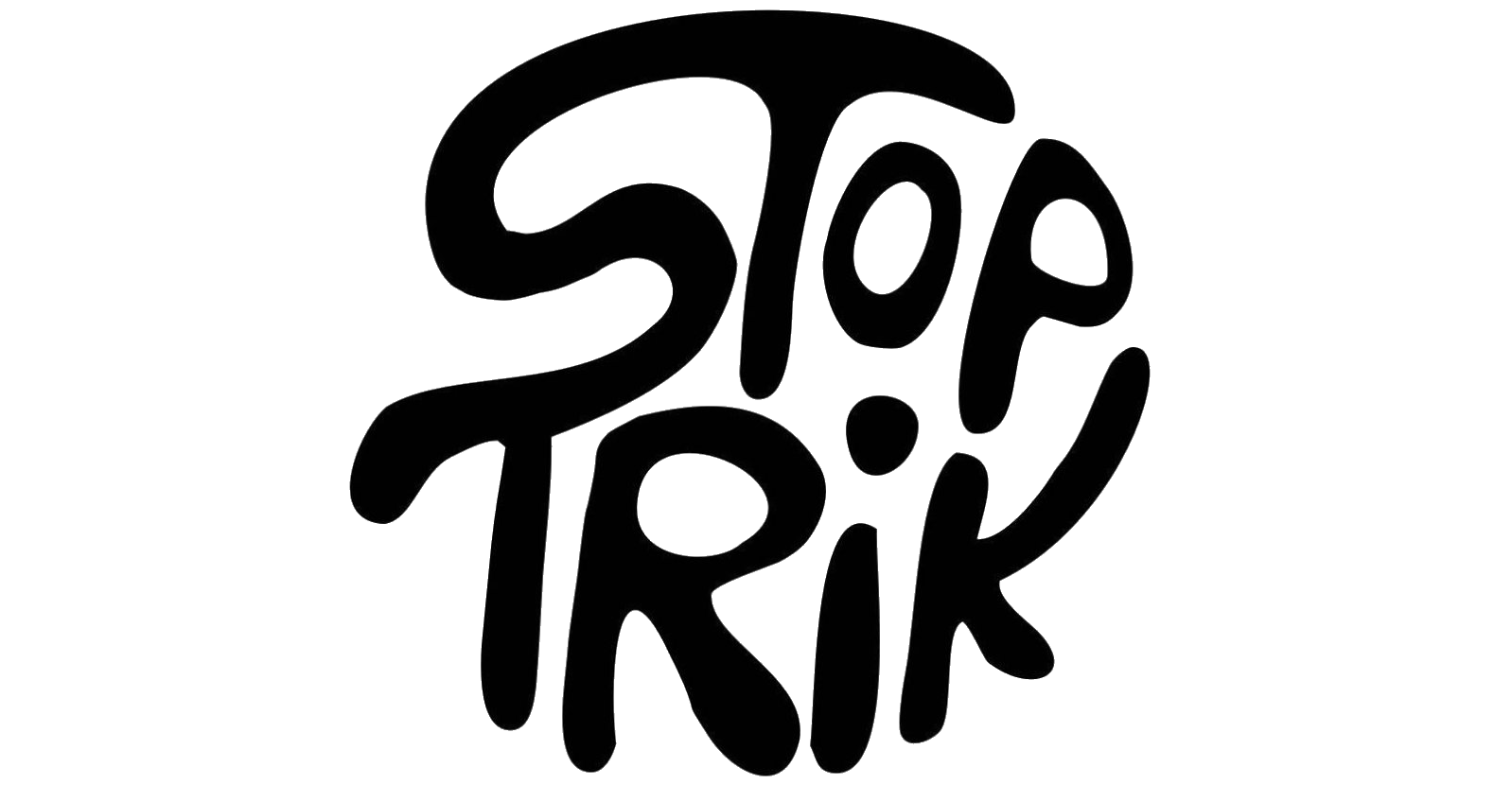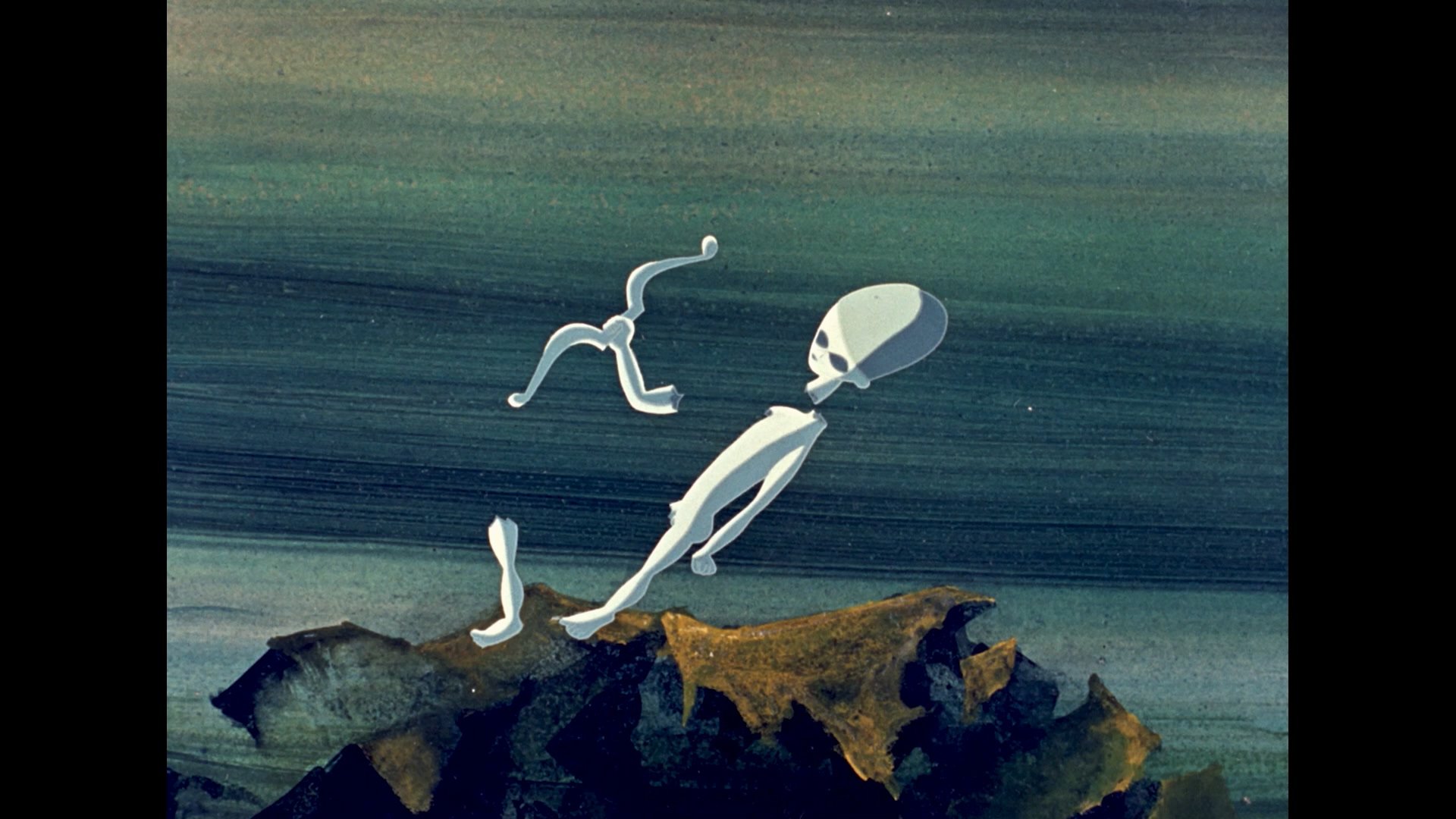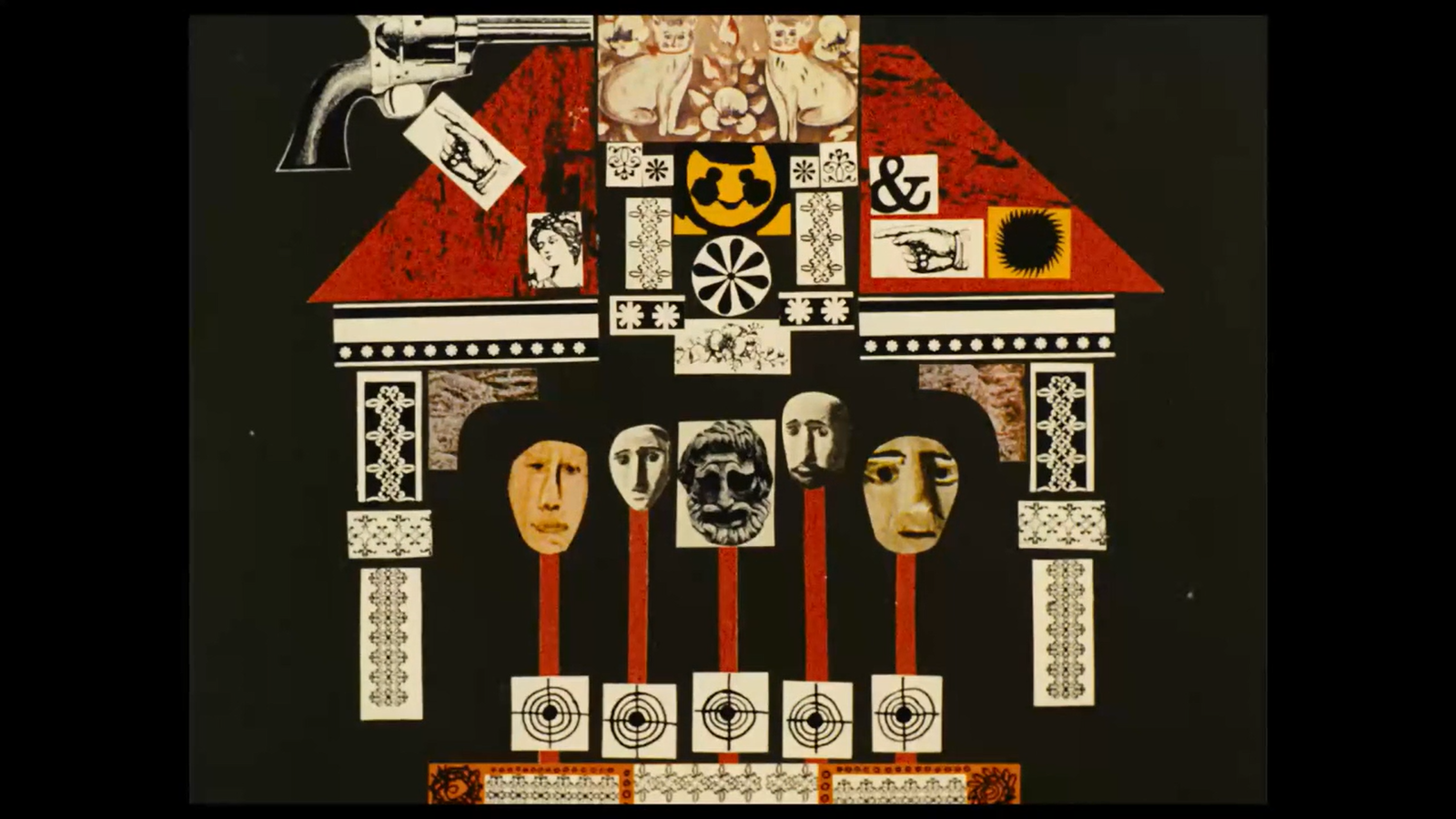RETROSPECTIVE II: DISTURBING THE DOGMA
RETROSPEKTIVA II: MOTENJE DOGME
Thursday, 28. 9. 2023 at 16.00 / Vetrinj mansion, big hall
Četrtek, 28. 9. 2023 ob 16.00 / Vetrinjski dvor, velika dvorana
Curated and introduced by Andrijana Ružić
Will Freedom Be Able to Sing as Slaves Sang to Freedom
The motto of this film programme, consisting of short films completed in the years of political censorship in several east European countries, bears the last two lines from the poem “Poeziju će svi pisati” (Everyone Will Write Poetry) by the Serbian poet Branko Miljković, who himself suffered the consequences of communist censorship in Yugoslavia towards the end of the fifties of the last century.
The films were realized in the span from 1932 to 1972 in France, Yugoslavia, Poland, Czechoslovakia and Hungary. . Each one of them thematized censorship or was censored for various reasons for their suppression remains canonical: the cryptic nature of their contents. And everything that was not optimistic in content, logic and clear in narrative was suspicious and therefore needed to be banned.
Fortunately, none of these filmmakers have spent their days in prisons as it was the case with writers, dramaturgists and live action filmmakers. Somehow animation directors had less surveillance over their work, which is to confirm that the power of words was considered more dangerous enemy for the system than animated images.
Trigger warnings: Political repression
1.
The Idea / L'Idée / Ideja
Berthold Bartosch (Théâtre du Vieux-Colombier)
1932, France, 24'
2.
Happy End / Srečen konec
Vatroslav Mimica (Zagreb film)
1958, Yugoslavia (Croatia), 9'44''
3.
Conflicts / Konflikty / Konflikti
Daniel Szczechura (Lodz Film School)
1960, Poland, 7'56''
4.
A Portrait From Our Century / Egy portré századunkból / Portrat iz našega stoletja
Sandor Reisenbüchler (Béla Balázs Studio BBS)
1965, Hungary, 10'50''
more / več
5.
Jabberwocky / Jabberwocky. Žvahlav aneb šatičky slaměného Huberta / Žlabudron. Žvahlav oziroma Hubertovi slamnati klobuki
Jan Švankmajer (Krátký Film Praha)
1971, Czechoslovakia (Czechia), 13'16''
Andrijana Ružić
graduated in History and Criticism of Art at the Università degli Studi in Milan, Italy where she fell in love with the medium of animation. She specialized in History of Animated Film under Giannalberto Bendazzi's mentorship: the subject of her master thesis was the opus of two unpredictable spirits of American independent animation scene, John and Faith Hubley, and their Storyboard Studio in NYC. As an independent scholar she has participated to numerous conferences for animation studies presenting the works of diverse independent authors of animation and she has served as a juror in several international animation festivals. In the last six years she has been curating the section dedicated to animated film at the International Comics Festival in Belgrade, Serbia. She is the member of the Selection board of Animafest Scanner, the symposium for Contemporary Animation Studies at the International Festival of Animated Film (Animafest) held annually in Zagreb, Croatia. She writes about animation and other arts for Belgrade weekly magazine “Vreme”. She is the author of the book “Michael Dudok de Wit - A Life in Animation” (CRC Focus).






